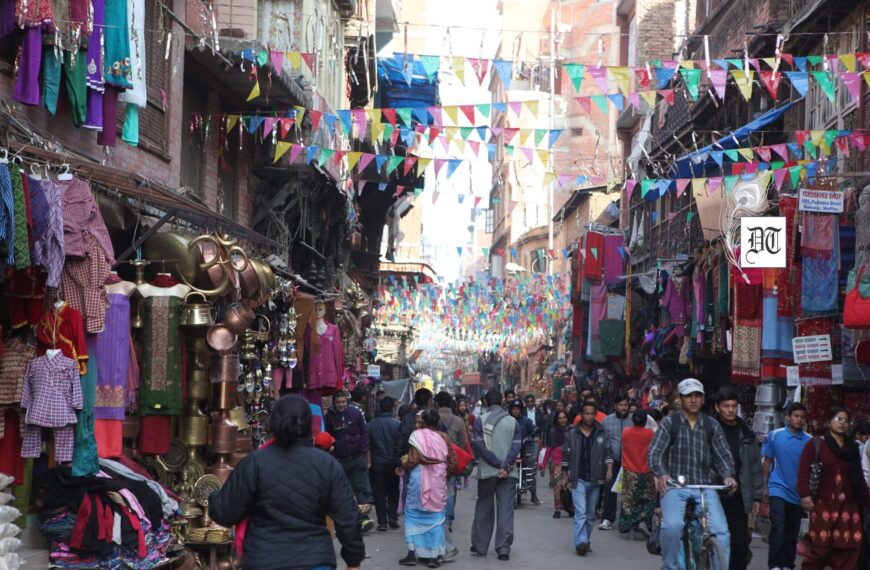In the wake of the statement made by Ravi Shanker Prasad on data leak by Facebook, it is worth debating – where does psychographics take us? Is data privacy such a serious issue? It is indeed a crucial question ahead of 2019 Lok Sabha elections where social media is going to be widely used for election and political campaigning, point out Navodita, our Associate Editor, in the weekly column, exclusively for Different Truths.
The recent debate around Cambridge Analytica and Rahul Gandhi’s usage of social media drew much attention with the Congress, too backlashing at NaMo app – and this gave rise to a new debate around social media and data privacy. In the wake of the statement made by Ravi Shanker Prasad on data leak by Facebook, it is worth debating – where does psychographics take us? In this day and age of consumerism, do the customers feel cheated or elated that their choices and preferences are already known to the other company? Is data privacy such a serious issue, after all? It is indeed a crucial question ahead of 2019 Lok Sabha elections where social media is going to be widely used for election and political campaigning.
Psychographics is a well-defined concept – psychological profiling of target groups that helps to understand them better so corporates can make better sales pitches for their products, and governments can tailor their schemes and customize political campaigns. Some intellectuals say that psychographics analyses lifestyle which makes it a routine market research tool. For example, there may be people who have the same earning capacity, but who may differ in their decision-making. One person who earns Rs. 1 lakh a month could, for example, be more inclined to save most of it, while another could spend it all on latest accessories.
A knowledge of these choices that people make – how conservative they may be to new ideas, and how 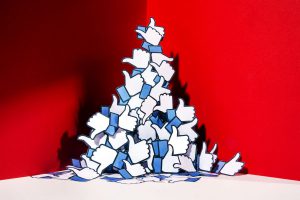 they organise themselves – will likely offer clues on how people think. When combined with demographic surveys, which look at a person’s place in society, it generates data to create powerful campaigns that are more likely to succeed, according to experts. There is a huge cache of data waiting to be mined in quick time, leading to improved customisation. Online targeting tools can help here – a google search will throw up results that will include those specific keywords in that search, and Facebook’s algorithm will look at your recent activities and throw up ads that you may find interesting.
they organise themselves – will likely offer clues on how people think. When combined with demographic surveys, which look at a person’s place in society, it generates data to create powerful campaigns that are more likely to succeed, according to experts. There is a huge cache of data waiting to be mined in quick time, leading to improved customisation. Online targeting tools can help here – a google search will throw up results that will include those specific keywords in that search, and Facebook’s algorithm will look at your recent activities and throw up ads that you may find interesting.
Cambridge Analytica is accused of profiling 50 million users, not just of those who downloaded the particular app, but of their friends as well, to create highly targeted ad campaigns for the political party. This war of mobile applications has been pretty meaningless and nothing more than usual ‘political mudslinging’ as both the apps have managed to generate an audience for themselves.
The NaMo app provides a means for millions of his fans and party cadres to connect directly with the PM. Users can create their own profiles, earn points and win special awards for their activity. They can also connect with MPs and MLAs of their own constituency through this app. The app acts a work-flow management platform for lakhs of party workers. Even a booth worker can connect to the party president and the PM through the New India Connect section.
The app has also enabled quite a few path-breaking engagements – there is an Exam Warriors module where students from across the country are forming a community and also writing to the PM. For the Swachh Bharat campaign, people shared photos of their cleanliness activities. During the Gujarat elections, PM Modi had a live video interaction with Mahila Morcha workers through the app. When a leader employs such methods to have a meaningful interaction, it is only natural for the Opposition to feel insecure.
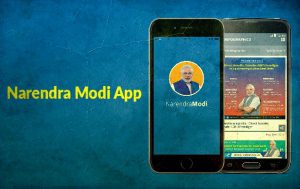 In the NaMo app, one can browse as a guest without having to submit any details. For example, if you had to comment on some article, you would need to log in and provide details in most applications, not just the NaMo app. If you want a customised birthday wish from Modi, you need to enter your date of birth details. It is obvious that most mobile applications ask for access to some data and NaMo app is no exception. In order to tailor their content to your tastes, they may ask your interests.
In the NaMo app, one can browse as a guest without having to submit any details. For example, if you had to comment on some article, you would need to log in and provide details in most applications, not just the NaMo app. If you want a customised birthday wish from Modi, you need to enter your date of birth details. It is obvious that most mobile applications ask for access to some data and NaMo app is no exception. In order to tailor their content to your tastes, they may ask your interests.
Rahul Gandhi’s accusation that ‘Modi is snooping on you’ through NaMo app is a bit far-fetched and deliberate fear-mongering on the part of his party men. There is one message that was loud and clear through this hullabaloo generated around Cambridge Analytica and NaMo app that technological literacy, privacy awareness, and data security are important issues. Developing countries like India must realise that they do not have the kind of leverage that the U.S. or even the European Union (EU) have over global data giants, and will never have it, whatever be their boasts. All data collected in India and transported abroad (data laws being nearly non-existent) remain largely out of our control or influence.
The bigger question is: is the Indian government willing to come up with a white paper on such extensive data markets that exist in India, too? The U.S. is considering legislation for compulsory reporting of all social media-related spending by political agencies, which is also a good area for India to explore. Yes, data leaks is a serious issue and Indian government needs to wake up to it now.
©Navodita Pande
Photos from the Internet
#EuropeanUnion #CambridgeAnalytica #NaMoApp #Facebook #SwachhBharatCampaign #Psychographics #IndianGovernment #PoliticalAndPowerPunch #DifferentTruths

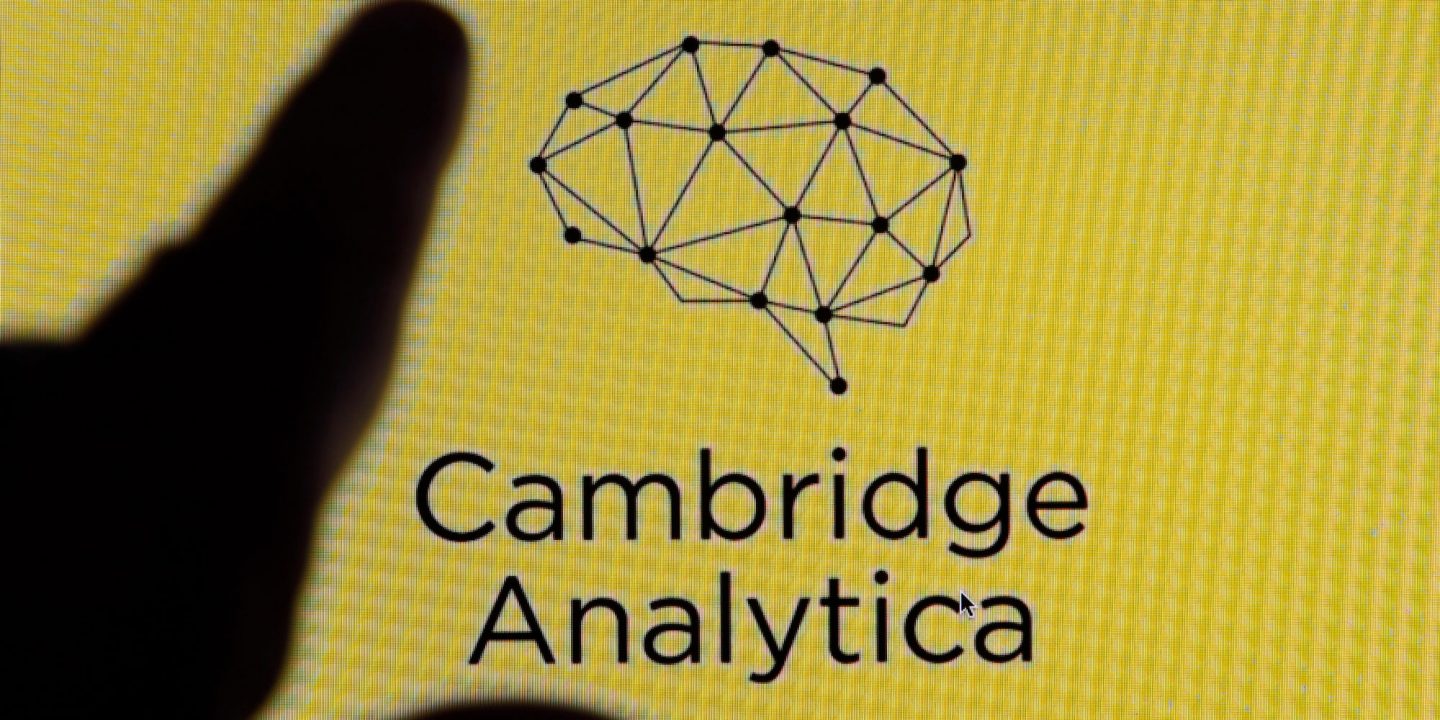
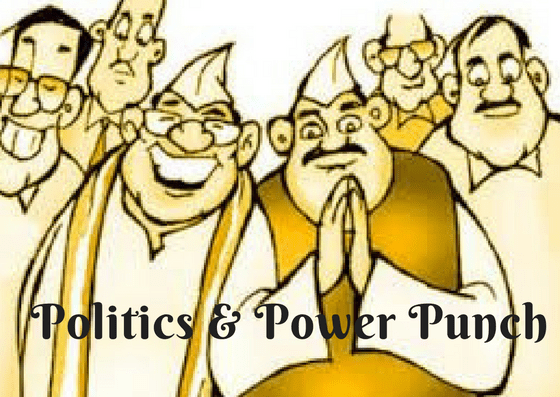




 By
By

